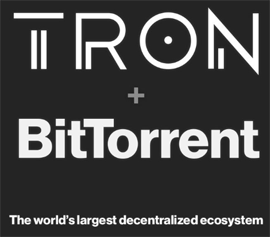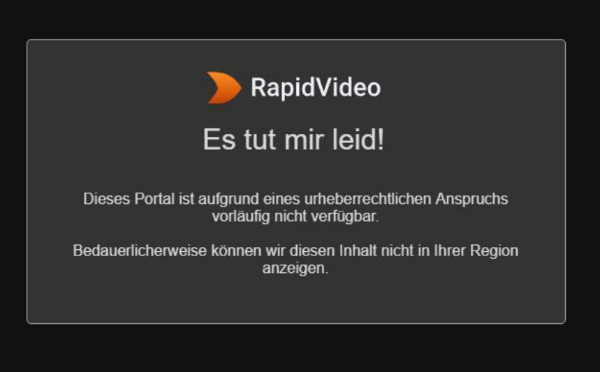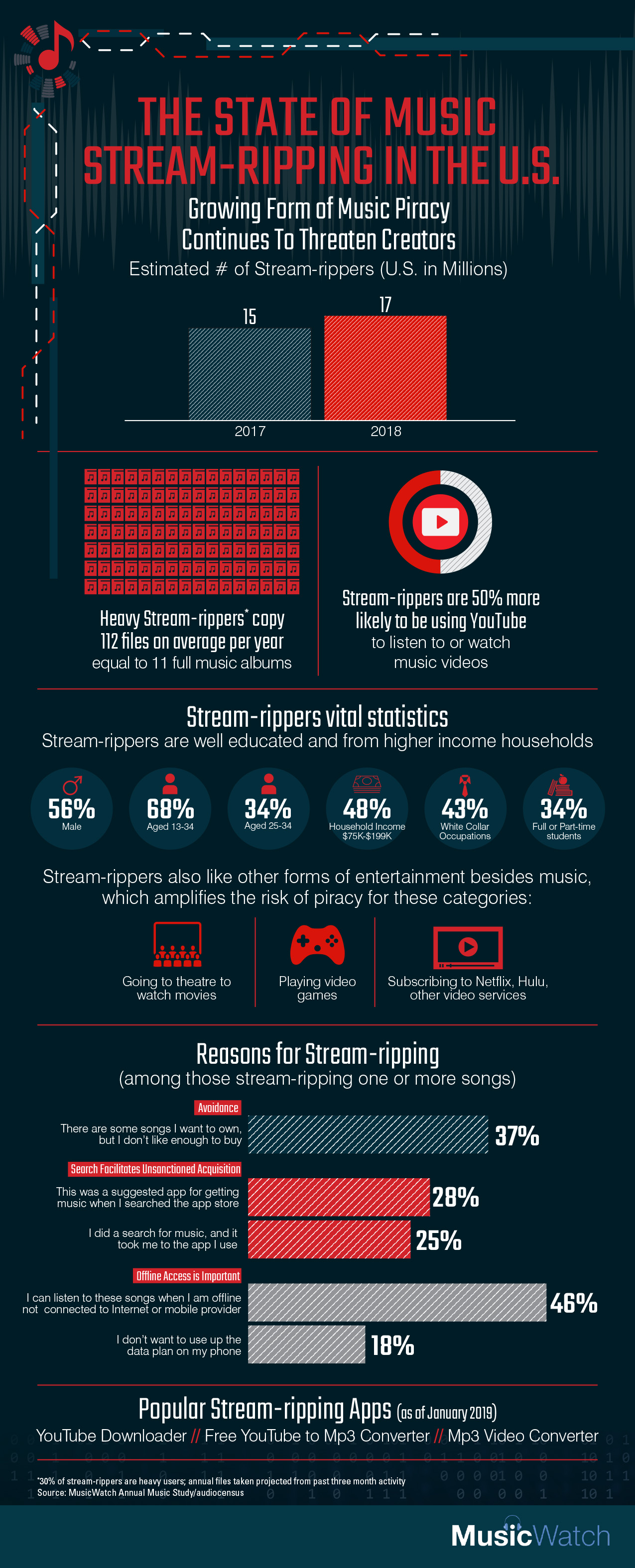[Most Recent Entries] [Calendar View]
Friday, May 31st, 2019
| Time | Event |
| 7:48a | BitTorrent to Fork IPFS to Create Decentralized File-Storage System  In 2018, BitTorrent Inc. was officially aquired by Tron, a relatively new player in the cryptocurrency space. Both companies have a keen interest in decentralization, with shared goals of allowing users around the world to communicate without third-party intervention. While there is a constant online buzz about the cryptocurrency side of TRON, the 100+ million users of the uTorrent and BitTorrent Mainline clients have been keen to hear what this acquisition will mean for them. Last year, TRON founder Justin Sun said that introducing financial rewards for seeders will lead to faster download speeds and greater content retention. While this system has yet to be revealed in public, this week Sun teased a potentially more exciting development via Twitter. Last evening, as promised, BitTorrent Inc. put more meat on the bones of this tweet. “BitTorrent, a leader in peer-to-peer protocols and products, will incorporate BitTorrent File System (BTFS) to allow users to receive and host storage on their computers with other individuals and businesses,” the company said in a statement. While the existing BitTorrent system is already a kind of decentralized storage system, BTFS will be different. Based on the existing InterPlanetary File System (IPFS) protocol, BTFS seems destined to offer a way to store files online without the use of centralized hosting. Instead of placing files on traditional hosting sites, files will be distributed across the computers of those participating in the BTFS network. At this stage, the most likely candidates appear to be the users of the uTorrent and BitTorrent Mainline torrent clients, but TRON hasn’t yet provided any solid information. “BTFS is a continuing step in our mission to create a decentralized internet that allows everyone to share in the wealth of web commerce,” said Justin Sun, founder of TRON and CEO of BitTorrent. “We’re creating a platform with BTFS, BitTorrent Speed blockchain integration and the BTT utility token to let users quickly and privately interact with each other around the world without a middleman or government intervention.” Many believed that Sun’s tweet earlier this week meant that BTFS itself was three days from launch, but that isn’t the case. BitTorrent Inc. says the BTFS Mainnet will be launched “for public access” in Q3 2019 but BTFS itself is still undergoing testing and won’t be available until 2020. An easy-to-understand explanation of how IPFS works can be found below. Source: TF, for the latest info on copyright, file-sharing, torrent sites and more. We also have VPN reviews, discounts, offers and coupons. |
| 1:59p | RapidVideo Blocks Pirate Sites Over Copyright Concerns
Similar to other file-hosting services, it can be used for good and bad. The bad, in this case, is uploading pirated videos. Whether the site’s operators want it or not, that’s what many of RapidVideo’s users are indeed doing. A few months ago this resulted in a scathing report from Hollywood’s MPAA, which branded the site as a “notorious” piracy haven. The U.S. Trade Representative didn’t adopt this recommendation in its yearly overview. Whether RapidVideo’s outspoken response had anything to do with it is unknown. However, the video hosting site has recently taken several measures which are are not typical for a “notorious” site. In April we reported that RapidVideo had shut down its pay-per-view rewards program, which was one of the MPAA’s main complaints. This week the video hosting service went a step further, by banning referrals from popular pirate video indexing sites. The site’s operator informs TorrentFreak that referrals from the German sites Kinox.to , Streamkiste.tv , Filmpalast.to and Movie4k.to are now actively blocked. Instead of the requested videos, users now see the following message, translated from German. “I’m sorry! This portal is temporarily not available based on a copyright protection claim. Unfortunately, this content is not available in your region.”  The message is shown to all visitors from these four video indexing sites. They are shown based on the referring URL but, if these fail, RapidVideo is also considering adding IP-address blockades in the future. RapidVideo took the drastic measure because it’s particularly concerned about the German legal concept of ‘Störerhaftung’ (‘interferer liability’). This means that a third party can be held responsible for someone else’s infringements, even when it played no intentional part. Add in Europe’s proposed Article 17, previously known as Article 13, and you get a volatile mix of potential copyright problems. “Article 13 is coming within a few months to 2 years, so the control has to become tougher, because ‘Interferer liability’ and ‘Article 13’ together are a bad combination,” RapidVideo’s operator tells us. RapidVideo’s operator stresses that there could be more blockades like this when Article 17 is implemented throughout the European Union member states. It is worth noting that the four targeted sites are all blocked by the German ISP Vodafone as well. This is also what RapidVideo mentioned to Tarnkappe as an additional motivation. A video hosting service such as RapidVideo blocking ‘pirate’ sites is quite a game changer, to say the least. In the case of Kinox.to it appears to have had some effect already, as the site has removed all links to RapidVideo. Movie4K seems to have taken another approach. When we tried to access a RapidVideo link from the site it went through an anonymous referrer service, which worked just fine. But that’s the thing with blockades, there’s always a way around them. Source: TF, for the latest info on copyright, file-sharing, torrent sites and more. We also have VPN reviews, discounts, offers and coupons. |
| 8:21p | As US Stream-Ripping Increases, Almost Half of Rippers Are Educated & Affluent  According to major industry players, stream-ripping is a growing problem for recording labels and Internet platforms alike. With revenues from streaming set to increase, people permanently downloading music from YouTube and similar platforms is considered a threat. Those who obtain content in this way can effectively circumvent the streaming business model, it’s argued. A new study carried out by music industry research company MusicWatch suggests that in the United States, the phenomenon is on the increase. The study was carried out among 5,000 Internet users 13 years and above in January and early February 2019. From 15 million participants in 2017, the study found that around 17 million citizens in the U.S. participated in stream-ripping during 2018. “I suspect the gain might be related to a few reasons,” MusicWatch Managing Partner Russ H. Crupnick informs TorrentFreak. Crupnick cites a few factors, including the overall popularity of YouTube and the decline in purchases from iTunes – but people still wanting to have a song for their collection. The gradual decline of P2P sharing may also play a part as people still retain a desire for music, thanks to streaming. “As more people stream they get a greater appetite for music,” Crupnick notes. MusicWatch says that just over half (56%) of those who stream-rip are male, with 68% of all ‘rippers’ falling into the 13 to 34-years-old bracket. The company categorizes 30% of users as ‘heavy’, ripping around 112 files (or roughly 10 to 11 albums worth of music) every year. The main reasons for people to stream-rip are to have offline access to songs (46%) and wanting to own a song that isn’t considered worth buying (37%). While neither comes as a surprise, cost isn’t cited as a major factor. Indeed, MusicWatch found that almost half (48%) of stream-rippers come from households with an annual income of $75K-$199K, with 43% holding down white-collar jobs. So what drives these people to rip? “With a lot of piracy it’s not been about cost, it’s been about selectivity. I want something but not enough to pay for it?” Krupnick says. “Unlike the P2P days, they aren’t downloading thousands of songs randomly. Just what they want for a collection, or a project. And they don’t want that song enough to pay $.99 for it.” MusicWatch informs TF that the demographic for heavy streamers and those with a lot of devices is the affluent and the belief is that they are more tech-savvy than average. However, many people don’t consider that what they’re doing is potentially illegal. “It’s using YouTube; the app is on Google Play or Apple’s App Store…what’s the problem?” Krupnick says, “And in fact, I think that is part of the problem. We all knew that Napster/Limewire was ‘bad’. Here’s an app I get from Apple, that works fine on my iPhone or Mac, connects to a legal streaming service – where’s the problem?” MusicWatch believes that search and app platforms should do more to educate consumers about which uses of their services could potentially result in copyright infringement. The company adds that stream-rippers are more likely to go the movies, play video games and subscribe to Netflix or Hulu, so if they pirate/rip music, that behavior could spill over to other areas. “Discouraging stream-ripping isn’t just good for music; it’s good for the entire entertainment ecosystem,” MusicWatch concludes. 
Source: TF, for the latest info on copyright, file-sharing, torrent sites and more. We also have VPN reviews, discounts, offers and coupons. |
| << Previous Day |
2019/05/31 [Calendar] |
Next Day >> |
